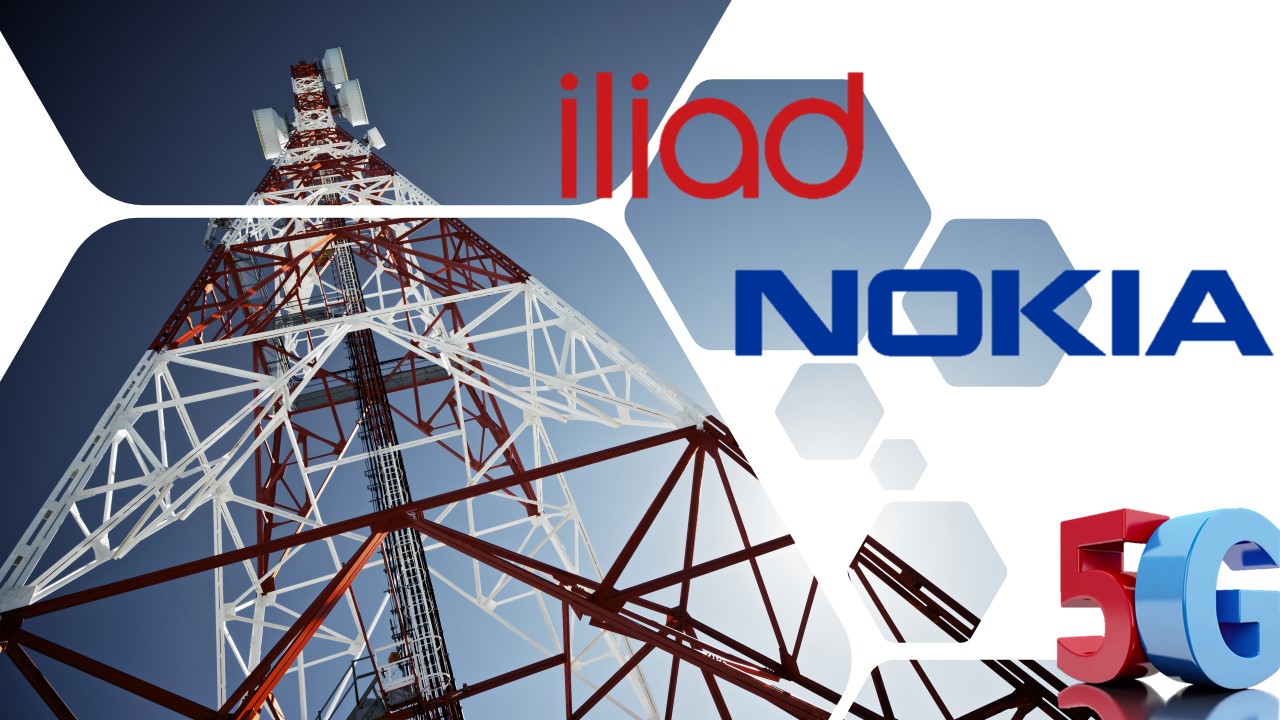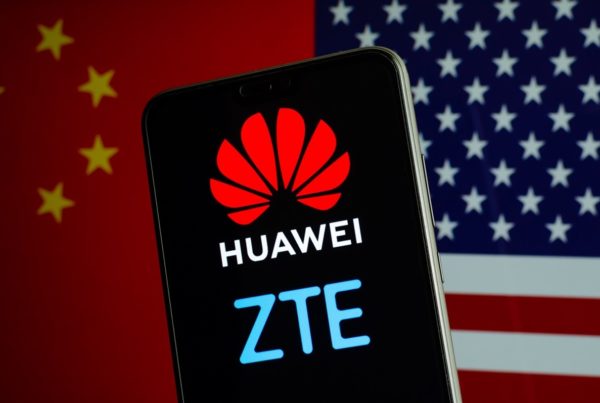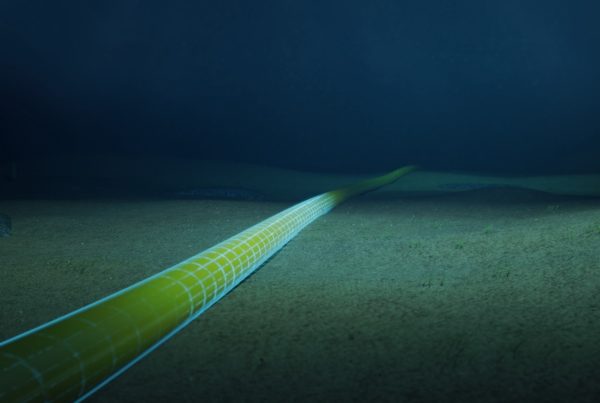Iliad, the fourth radio-mobile operator in Italy, and Nokia, the European vendor of infrastructures and technology, carry on a relationship of collaboration dating back to 2018, whose aim was to develop the 3G/4G radio-mobile network in Italy.
Iliad and Nokia become allies to develop the 5G network in Italy. The French company and the Finnish vendor are strengthening a strategic partnership they signed when Iliad entered the Italian market. The young CEO of Iliad, Benedetto Levi, has declared: “For the Group, choosing Nokia means relying on European technology and strategic independence”.
This is a big step forward for Iliad in setting its 5G network deployment. After the Italian 5G spectrum auction held in 2018, Iliad received slots of 700MHZ frequencies, 3700MHZ frequencies and 26GHZ frequencies. Iliad makes now official the agreement with Nokia: it includes the supply of the necessary equipment to realize its new 5G network.
The construction of Iliad 5G network is due to begin immediately and it will be completed within the early months of 2020.
The #IliadRevolution.
When it entered the Italian market, Iliad has repeatedly emphasized that, unlike its competitors, it would have had no hidden costs (i.e. voicemail service costs) and would have focused on extremely affordable and competitive tariffs.

Source: official site Iliad Italia
After 14 months from the launch, Iliad engaging proposals captured over 4 million Italian users and reached, in the first half of 2019, a revenue of 177 million euros.
The economic benefit supplied by Iliad is absolutely the key factor of its success among Italian users, a big success that forced TIM and Vodafone to adjust their strategies.
The coming of Iliad, according to the report released by Mediobanca, caused a loss of revenues to Italian mobile operators, for a total amount of 300 million euros. Trying to deal with the success of the French mobile operator, TIM and Vodafone focused more on their low cost carriers, respectively Kena Mobile and Ho.Mobile, that are probably the main competitors of Iliad.
Strategic partnership agreements.
In the early months of 2019, Iliad signed an agreement with Inwit – a TIM Group’s subsidiary – to rent over 11.000 sites in which strengthening 4G network infrastructures and deploying its 5G mobile phone system.
Moreover, Iliad has recently announced that it sold the 100% of its communication infrastructures’ activities to Cellnex, an independent operator of infrastructures for wireless telecommunications, which include 2.200 sites. After the sale, Iliad received 600 million euros. This agreement, on one hand, allows Iliad to enhance its telecommunications infrastructures, on the other hand, gives Cellnex the commitment to develop network infrastructures according to Iliad’s requirements, for the next 6 years.
For what concerns infrastructures, therefore, Iliad will rely on the two contracts signed with Inwit and Cellnex. Talking about 5G networks, as mentioned above, Nokia will be its partner and supplier of the technology for the new Iliad 5G network, which concerns Europe only.
The situation of Iliad 4G/4G+ network appears as below figure:

Source: http://www.iliad.it/copertura/index.html
In addition, in July, Iliad obtained 150 million euros from the German public bank KfW IPEX-Bank: with previous investments in 2017, Iliad has raised a total amount of 240 million euros of founds. The 150 million euros will be used to strengthen both the Italian and the French network.
Nokia Q2 revenues increase.
The Finnish company, in 2019 Q1, registered a loss of 59 million euros, despite its investors’ forecasts were optimistic. The CEO of Nokia, Rajeev Suri, wasn’t worried at all, because “it didn’t change our outlook for the full year”. Nokia was waiting for its own 5G debut.
The Q2 of this year shows that he was right, even more than anyone could expect: Q2 revenues increased by 7% over 2018, reaching 5,69 billion euros thanks to the company growth in North America. It exceeded the original forecasts of analysts that were around 5,43 billion euros.
Nokia obtained good results as the demand of 5G technology began to grow. The Scandinavian company has now 45 commercial offerings for 5G and 9 live networks. Among the 5G contracts signed in 2019, need a special mention those signed with T-Mobile, At&t, Stc and Telia.

Source: Nokia CEO, Rajeev Suri, talking about Q2 2019 growth
In Italy, Nokia and TIM collaborated on several 5G projects. For example, Nokia partnered TIM for the 5G project of San Marino: the “on air” of the first 5G site compliant to 3GPP Rel15 standard made San Marino the first European nation to be covered by 5G technology. The two companies have also improved the network between Rome and Florence, reaching 550 Gigabit per second on the 350 Km of the backbone network that links the two cities. This incredible result was gained thanks to the innovative technology supplied by Nokia, Photonic Service Engine 3, which maximizes the capability of data transport on long distances.
Last year, Nokia and Vodafone collaborated on Milan 5G tests: the services to be tested included solutions for smart healthcare, traffic management, emergency services and tourism. All services that are strictly connected to the creation of a Smart City.
The strategy of Nokia, therefore, is to be Telecom operators’ end-to-end supplier of secure and high-performance networks, and to carry on activities with the aim of creating new chances for licensing business.
Maria Vittoria Seu
MCO
LUBEA s.r.l.






